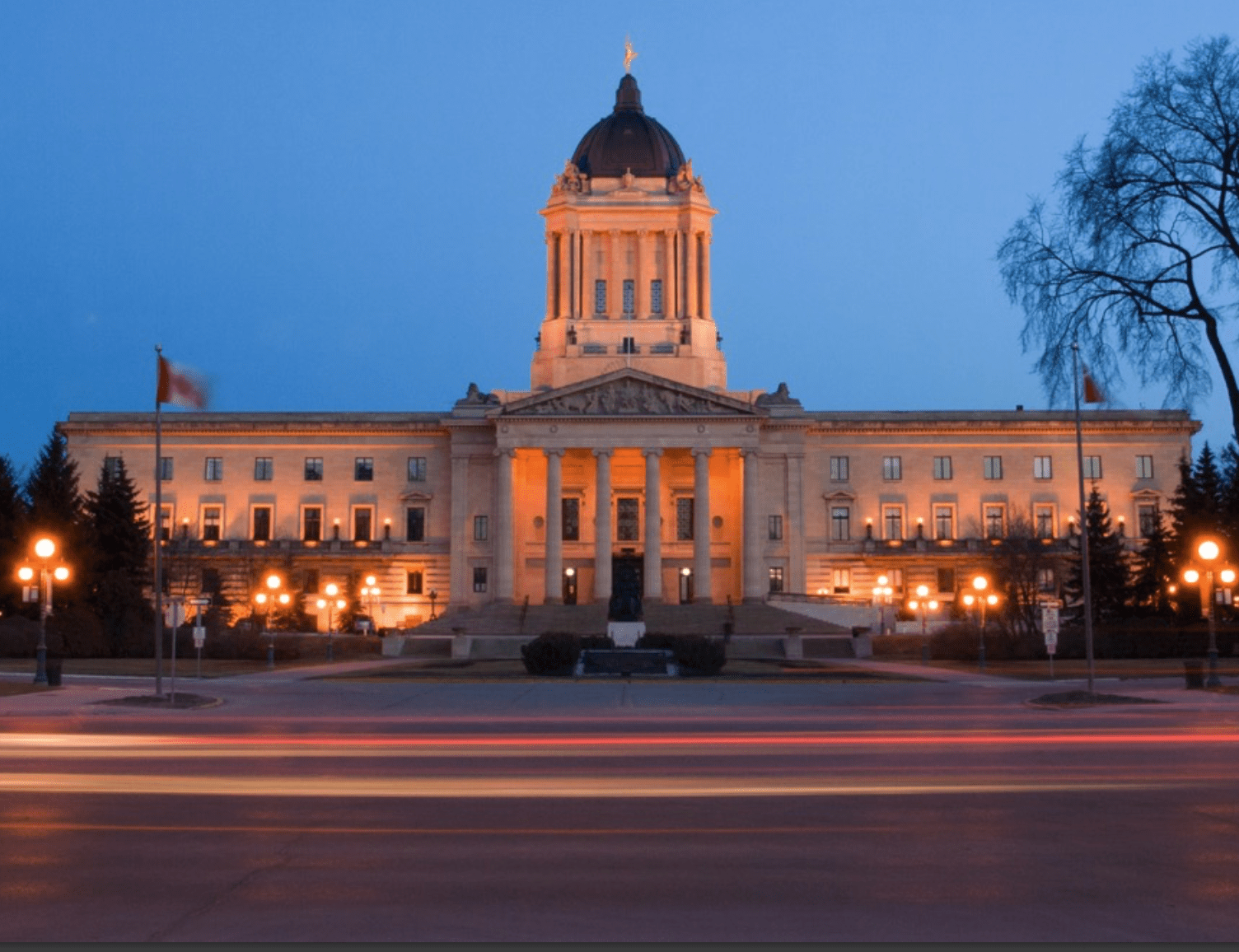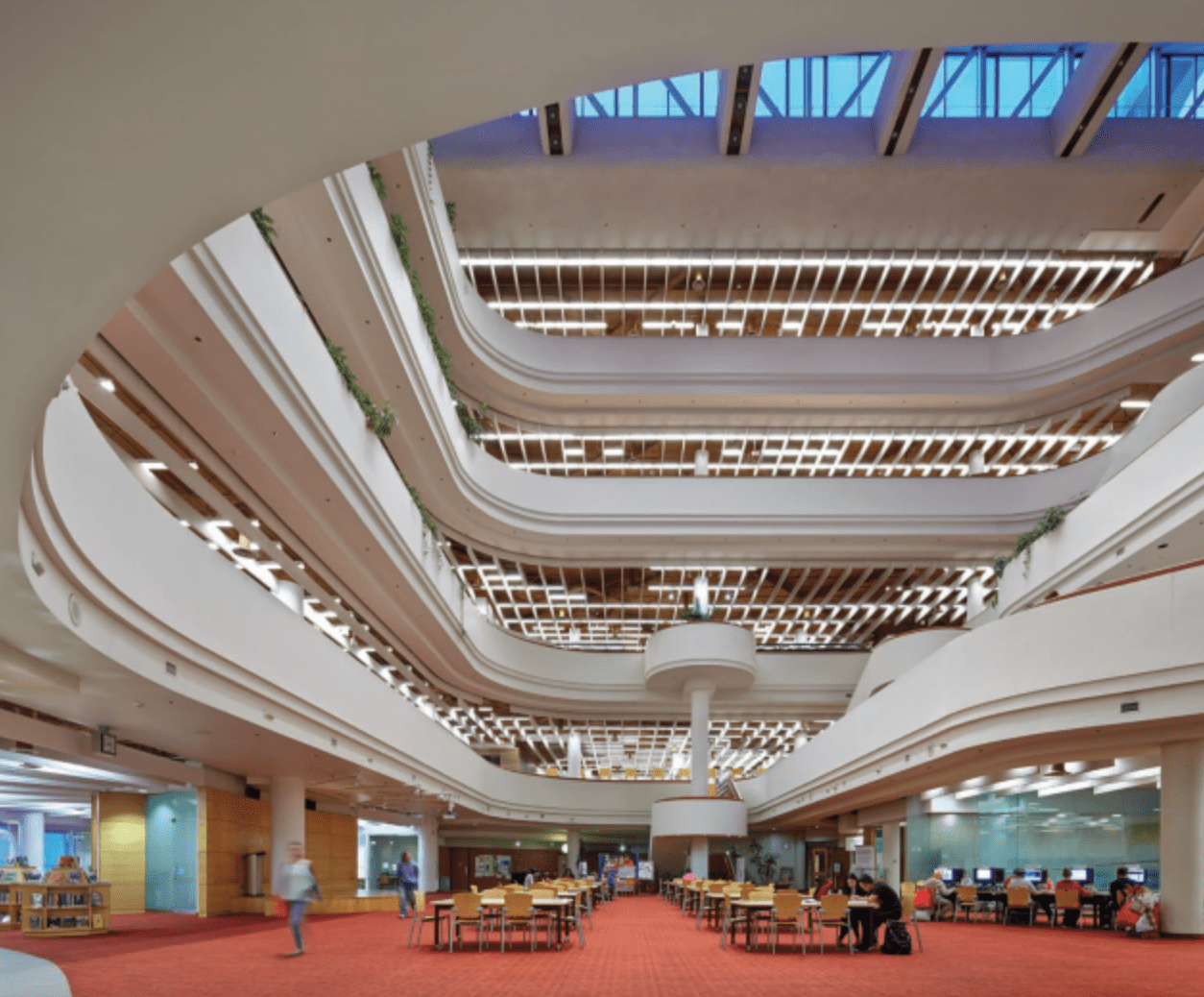In geographical terms, "Western Canada" should refer to the four provinces west of Ontario. Yet in the days before and after the 2019 federal election, when we talk about "Western" provinces, we include neither the westernmost province in the country nor the one immediately to Ontario's west.
It's easy to see why British Columbia is left out. According to British economist Sir Paul Collier, "If you are coastal, you serve the world; if you are landlocked, you serve your neighbours." B.C. has both an abundance of natural resources and unhindered access to tidewater, to say nothing of its classic Cascadian environmentalism. The provincial government's efforts to restrict oil shipping may not have done much for national unity, but they are better positioned to be choosy.
My home province, Manitoba, is a slightly more curious case. It is landlocked, except for the five months of the year when ships can access the Port of Churchill. Its major economic sectors include agriculture, mining, and forestry. It often seems to be ignored or dismissed by the rest of Canada. People actually pay attention to the local CFL team. The lion's share of provincial land is rural and almost entirely represented by Conservatives. Its premier is a Conservative who has butted heads with the federal government over the carbon tax.
Yet that very premier, Brian Pallister, has little patience for the separatist-curious sentiments of his counterparts in Alberta and Saskatchewan. "I listened to this from Quebec for years, and I don't like listening to it from Western Canadian friends of mine," he told CTV. " My wife and I have been together for 35 years, and we don't get stronger as a couple by threatening to leave every week."
He is not alone. In recent memory, Manitoba has only had one cause to openly antagonize the federal government more so than usual for provincial governments, anyway when then-Prime Minister Brian Mulroney awarded a contract to build CF-18 fighter jets to Quebec's Bombardier instead of Manitoba's Bristol (now Magellan) Aerospace. Even then, the major fallout was the creation of a new party that cried "The West wants in," with two out of three founders hailing from Alberta.
That was in 1986. Since then, Manitoba's economic growth has been low, but steady, with strong diversification. As of last year, according to Statista, the manufacturing sector is the 2nd largest contributor to provincial GDP, regardless of the CF-18 snub. Meanwhile, the agriculture and resource extraction sectors are respectively the 10thand 13th largest contributors. While the province does collect some royalties from oil and gas operations, the province's fiscal stability does not live or die by royalty revenue or crude prices. Even if Manitobans were willing to welcome a pipeline they won't be, and don't even ask its success or failure would have little tangible impact on the greater population or its morale.
Such a different economy from that of Alberta or Saskatchewan has naturally created a very different political culture. Manitoba's premiers and mayors are happy to pillory the federal government when they need another level of government to blame for a stalled infrastructure project. But they have little reason for their relationship with the feds to be fundamentally adversarial, even when the premier and the prime minister represent opposing parties. However irritated Manitobans might be with the feds on a case-by-case basis, they have no reason to think they'll be better off alone, or with two provinces as their partners instead of nine. There may be some sympathy for the separatist cause in pockets of rural Manitoba, but there is little chance of this sympathy going mainstream.
And so, Western separatism will be confined to two provinces with far greater dependence on their resource industries, zero direct tidewater access in any season, one government too stubborn to create more predictable revenue streams or promote any industry but energy, and another going along for that government's ride, promoted chiefly by a failed politician trying to bring back punchline of an outlet and another failed politician who has never had an outlet that wasn't a punchline.
If the prime minister isn't quaking in his hiking boots at the prospect, I think we can understand why.
Photo Credit: Ckjs.com
Written by Jess Morgan








